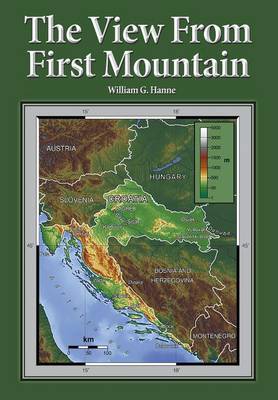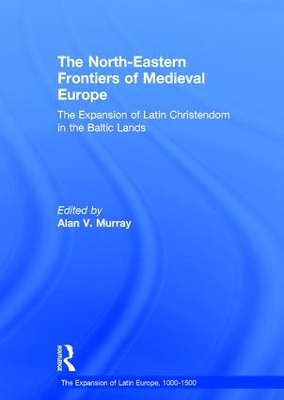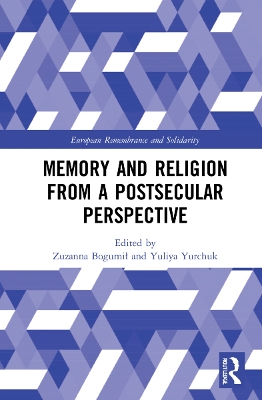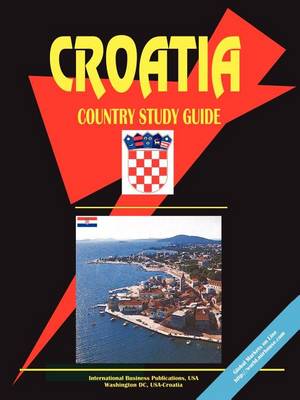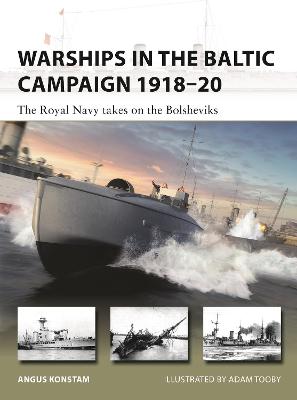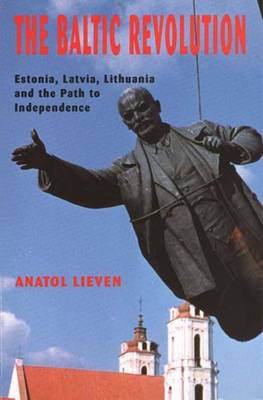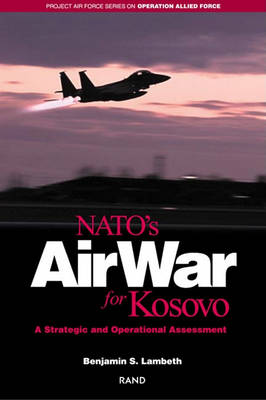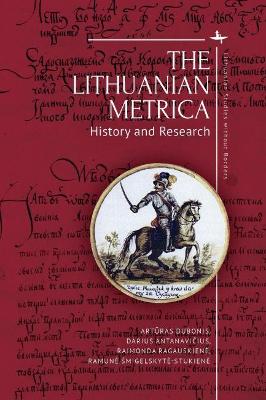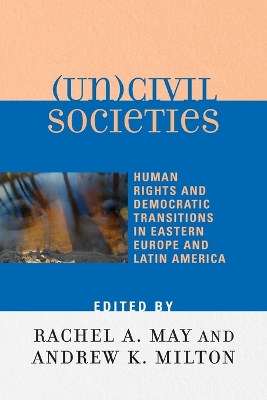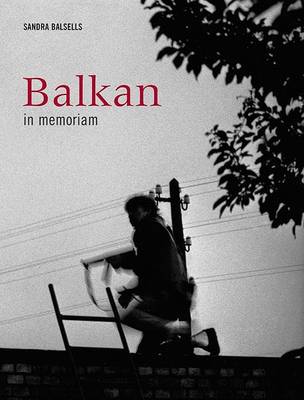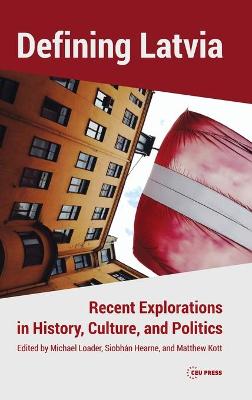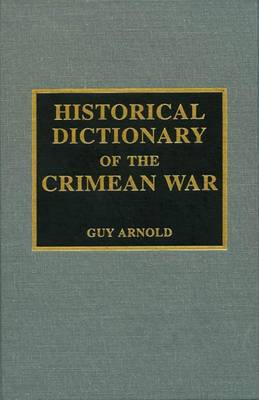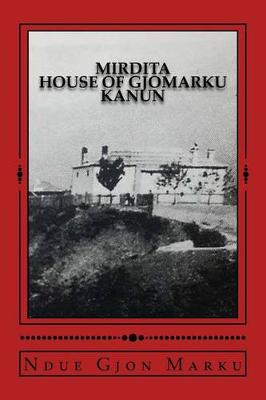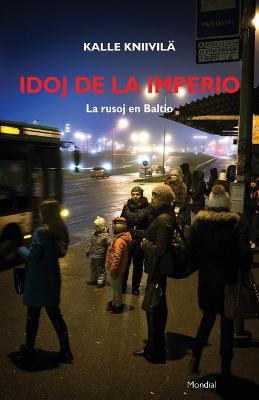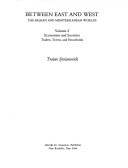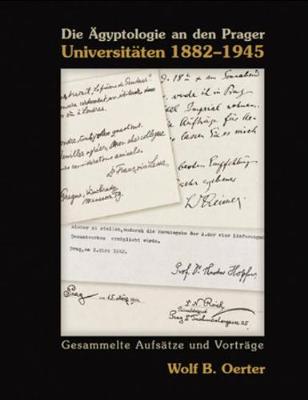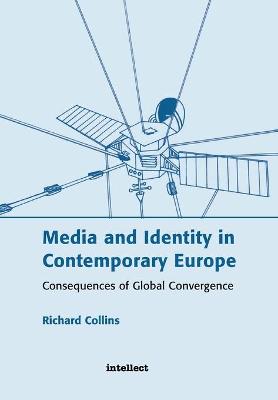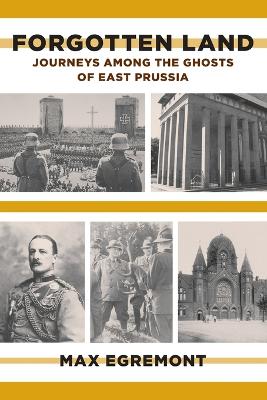The Baltic States and the End of the Cold War (Tartu Historical Studies, #6)
This book examines the role of Estonia, Latvia and Lithuania in the downfall of the Soviet Union at the end of the Cold War. It includes groundbreaking, archives-based research on important facets of the Soviet collapse like, for example, politics of history, Soviet Atheism, economic reforms, the military and the use of force. The authors place the Baltic struggle for independence in the context of international politics, analyzing interlinkages with the Warsaw Pact countries, the activities of...
The North-Eastern Frontiers of Medieval Europe (The Expansion of Latin Europe, 1000-1500)
By the mid-twelfth century the lands on the eastern coast of the Baltic Sea, from Finland to the frontiers of Poland, were Catholic Europe's final frontier: a vast, undeveloped expanse of lowlands, forest and waters, inhabited by peoples belonging to the Finnic and Baltic language groups. In the course of the following three centuries, Finland, Estonia, Livonia and Prussia were incorporated into the Latin world through processes of conquest, Christianisation and settlement, and brought under the...
Memory and Religion from a Postsecular Perspective (European Remembrance and Solidarity)
The book argues that religion is a system of significant meanings that have an impact on other systems and spheres of social life, including cultural memory. The editors call for a postsecular turn in memory studies which would provide a more reflective and meaningful approach to the constant interplay between the religious and the secular. This opens up new perspectives on the intersection of memory and religion and helps memory scholars become more aware of the religious roots of the languag...
Warships in the Baltic Campaign 1918–20 (New Vanguard)
by Angus Konstam
A fascinating look at the British naval intervention in the Baltic in 1918–20, and at the British, Soviet and Baltic nationalist fleets that fought. Following the Russian Revolution of October 1917, the Baltic states became a battleground between Russian Reds and Whites, German troops and emerging Baltic independence forces. In November 1918, the British government decided to intervene, to protect British interests and to support the emerging Baltic states. This initial small force of cruiser...
World attention has focused on the newly independent Baltic states of Latvia, Estonia, and Lithuania, as they struggle to become politically and economically viable. In this book, Anatol Lieven presents an intimate and engaging portrait of the history and culture of the Baltic states from their ancient origins to their contemporary status. He explores the culture and personality of the Baltic peoples, their religious and racial differences, their relations with Russia and with the West, and thei...
NATO's Air War for Kosovo (Project Air Force Series on Operation Allied Force)
by Benjamin S Lambeth
The Lithuanian Metrica (Lithuanian Studies without Borders)
This volume analyzes the history of the Lithuanian Metrica—the chancellery books of the Lithuanian grand duke—from the formation of its books in the mid-fifteenth century until now. It reveals how the first Metrica books emerged in the second half of the fifteenth century, discussing the titles given to them in different periods in history, and explains why the Lithuanian Metrica should be considered the state archive of early Lithuania. Material hitherto unknown in academic literature about the...
In this timely volume, Rachel A. May and Andrew K. Milton have assembled an array of scholars from different disciplines to examine transitional governments in Eastern Europe and Latin America. Although policy makers and scholars often conflate them, the processes of democratization and the institutionalization of human rights are interactive, and the successful completion of each requires the parallel development of both. Drawing on specific political conditions and organized around topics such...
In just over a century, Latvia has transitioned from imperial periphery to nation-state, then Soviet republic, and finally following the collapse of the Soviet Union to an independent republic. Defining Latvia brings together the latest research on the multiple social, political, and cultural contexts of Latvia throughout this turbulent period. Its ten chapters are written by leading political scientists, historians, and area studies specialists from across Europe and North America. The volume...
Historical Dictionary of the Crimean War (Historical Dictionaries of War, Revolution, and Civil Unrest, #19)
by Guy Arnold
Between East and West : Economies and Societies, Traders, Towns, and
by Traian Stoianovich
Intensive research in the archives of the university and the academy of sciences, especially in the collection of the former German University in Prague, has brought to light an abundance of new material, new insights and hitherto unforeseen connections. They show the beginnings of Egyptology in Bohemia resp. the Czech Republic in an altogether new light, as an Egyptology which had originally defined itself as Bohemian and only later constituted itself as a Czech one. The essays, collecte...
An integrated analysis of the central issues in contemporary media policy. Chapters focus on technological change and its impact on cultural and political identities, the role of the cultural industries in the 'New Economy' and the impact of European integration on national institutions - public service broadcasting in particular. Because technological change in broadcasting has enabled us to open up media markets, the shape of media and of society has become more internationally-oriented. Indee...
No country embodied the turbulence of twentieth century Europe more dramatically than East Prussia. The scene of Stalin's `terrible revenge', it was carved up between Poland and the USSR after World War II - and passed abruptly into history. Many of its refugees are still alive and with astonishing stories to tell. Max Egremont's first travels to the old East Prussia took him to a post-communist desert. But at the turn of the twenty-first century he found a very different land: a Kaliningrad c...

